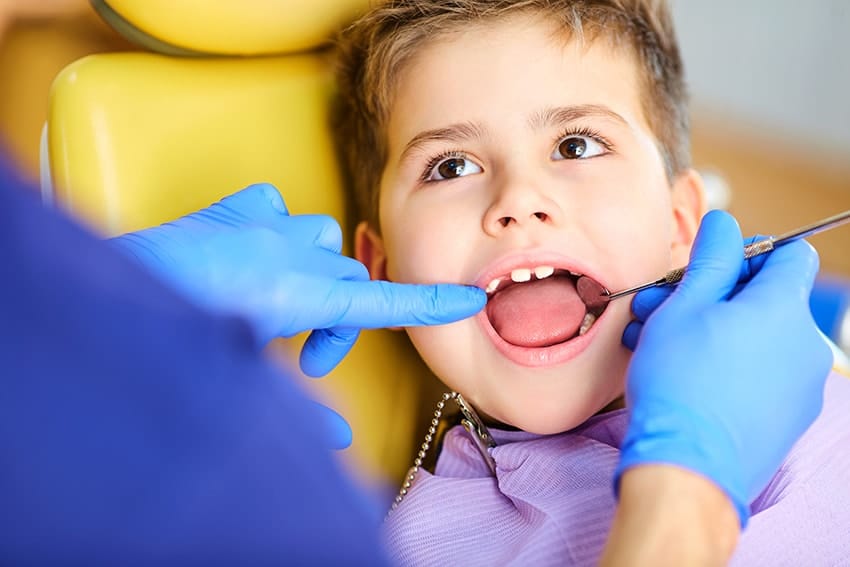When it comes to their kids parents must always be looking for ways to help improve the care of their kid’s teeth and gums.
Needless to say, brushing and flossing are still the best ways to avoid tooth decay and gum disease, but some kids – especially the older ones – may start to show some interest in incorporating mouth-rinse as part of their oral hygiene routine.
For parents, here are some things to keep in mind when deciding whether or not to let your kid use a mouth rinse.

Proper Age for Using Mouthrinses in kids
In general, kids younger than six years old must not be allowed to use a mouth rinse to avoid the risk of swallowing the product. It can be quite tricky and be challenging for young kids to learn to swish the liquid instead of swallowing it like a drink.
Meanwhile, those aged six to twelve may use mouth-rinse, but only under close adult supervision.
One good way to determine if your kid is ready to use a mouth rinse is to ask him or her to take a sip of water, gargle it around his or her mouth for a few seconds, then spit it out. If your kid can handle rinsing with water, they are more likely to do the same with mouth-rinse.
Choosing between Alcohol-Containing vs. Alcohol-free Mouthrinses
Many different types of mouth-rinses are available on the market, and the two varieties include the alcohol-containing and alcohol-free. When it comes to fluoride mouth rinses, parents are advised to avoid them for now, as fluoride can result in fluorosis of the kids’ developing teeth.
Fluorosis is a harmless condition, but it can be unsightly due to the changes it can cause to the teeth’s color and texture. It can cause the formation of white spots or brown streaks on the tooth enamel, or make the tooth surfaces uneven and bumpy.
Using Mouthrinses while on Orthodontic Treatment
Kids who have dental braces can benefit the most from using mouth-rinse because mechanical cleaning via toothbrush and floss is often not enough in removing plaque buildup underneath the wires and brackets.
Mouthrinses can be a good adjunct to loosen debris and neutralize the acid-producing bacteria in the mouth. With this three-pronged attack – brush, floss, and using mouth rinse – against plaque, kids should be able to adequately protect their teeth from tooth decay and gum disease while wearing braces. This, in turn, helps to ensure a successful orthodontic treatment that will result in straighter teeth in the end.
Mouthrinses as an Adjunct to Daily Oral Hygiene Routine
Regardless of the type of mouth-rinse your kid uses, be sure to constantly remind him or her that they should not, in any way, replace the good old twice-daily toothbrushing and flossing. While it is true that mouth-rinses offer great benefits against plaque, it cannot match the benefits provided by mechanical cleaning.
Follow the Advice of Your kid’s Dentist in San Diego
Because mouth-rinses is not advisable for every kid, consult with your kid’s dentist first. He or she will help determine if using a mouth rinse will indeed be beneficial for your kid’s teeth.
